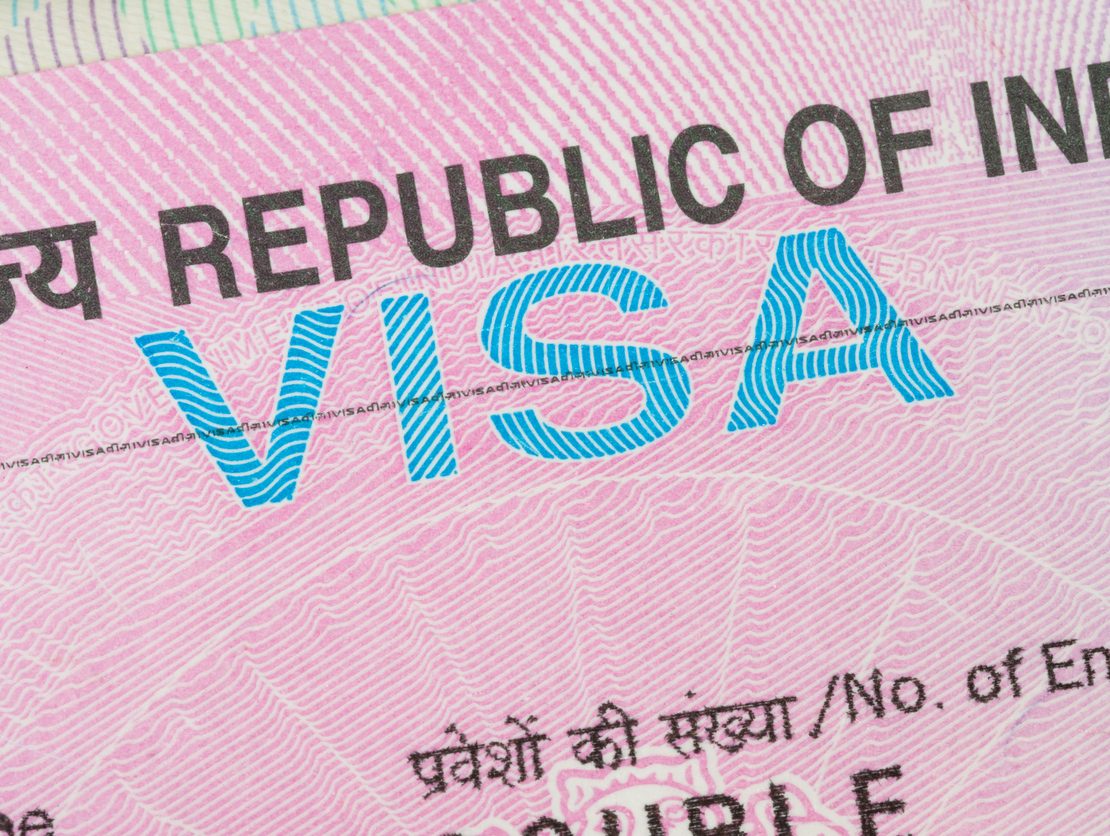Spain is the latest country to bring in a new era in remote working by introducing digital nomad visas. These will soon be available to people who work remotely for companies outside Spain, and who get not more than 20% of their income from Spanish firms. Those who get the visa will be able to work remotely while living in Spain with lower costs of living.
It will be valid for one year, after which one can renew it for as long as five years. Family members like spouses or children can accompany the visa holder. To be eligible for the visa, applicants must be from outside the European Economic Area. They have to prove that they have been employed remotely for at least one year, and that they are self-sufficient and have an address in Spain.
Several other countries have already taken up this initiative to attract remote workers from world over. Although the exact procedure may vary according to the country, one would ordinarily have to fill out an online application, schedule an appointment, submit documents, undergo an interview and pay the fee.
Here are eight countries that offer digital nomad visas that Indians can consider who wish to work remotely from a new place, and what applicants require in order to obtain them:
1. Germany
Germany has two types of digital nomad visas, for self-employed people and for freelancers. Freelancers need to have Germany-based clients to apply. The applicant must prove that they are self-sufficient, earning at least €9,000 a year. Those above the age of 45 need an adequate pension plan.
2. Greece
Greece’s visa is valid for one year, but one can apply for a digital nomad residence permit before the visa expires and extend it to three years. The funds required to be eligible are €3,500 a month. Those living in Greece for over six months will have to pay income taxes. But one can apply for the 50% tax reduction program after living in the country for two years.
3. Norway
Norway’s digital nomad visa is offered only in the Svalbard region of the country so far. The person seeking the visa must submit income documents that prove they earn around €35,000 annually. It is valid for the applicant’s entire life. However, they must follow Norwegian tax requirements after 183 days of living in the country.
4. The Bahamas
Digital nomads in the Bahamas don’t need to be earning a specific minimum income, but they do need a letter from an employer or school stating that they are self-sufficient. They will not be required to pay income taxes or capital gain taxes. The visa is valid for one year, and can be renewed twice so that one can stay in The Bahamas for a maximum of three years.

5. Malta
For both employees and freelancers, Malta offers digital nomad visas as long as the applicant has an income of at least €2,700 a month. The visa holder does not need to pay taxes if they don’t have income generated from Malta and if they have tax residency in their home country. The visa has a one-year validity, but can be renewed before it expires as long as all the requirements are met.
6. Czech Republic
Czech Republic’s equivalent of a digital nomad visa is a long-term residence permit. The applicant will be able to work as a freelancer in Czech Republic for 365 days at most. They will also be able to work with Czech clients and companies.
7. Mauritius
For up to six months, digital nomad visa, or ‘Premium Visa’ holders in Mauritius will not need to pay taxes. However, after 183 days of stay, they will fall under the category of tax residents. Applicants must earn a minimum of $1,500 a month to qualify for the visa. It is valid for one year, and can be renewed subject to meeting the aforementioned requirements.
8. Hungary
Hungary’s digital nomad visa is called the White Card. Post 183 days of residing in Hungary, the visa holder will be considered a tax resident. Personal income tax and social contributions will have to be paid. To be eligible for the visa, the applicant must earn at least €2,000 a month. It is valid for one year.





Warning: Use of undefined constant ‘url’ - assumed '‘url’' (this will throw an Error in a future version of PHP) in /var/www/html/wp-content/themes/theissue/functions.php on line 143